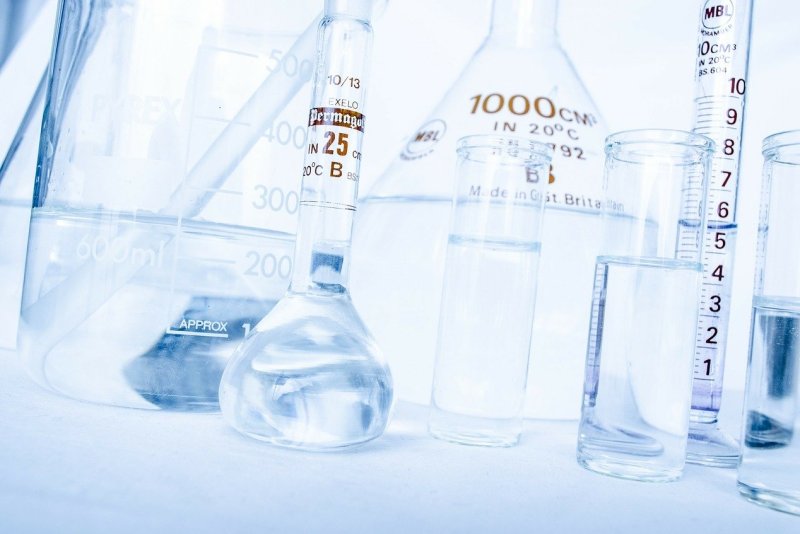
The European Union’s executive branch published a “restrictions roadmap” on Monday as a first step in prohibiting use of certain substances linked to diseases and reproductive issues.
April 26 (UPI) -- Up to 12,000 potentially toxic or harmful chemicals could soon be banned from use in Europe, the European Commission has announced.
The European Union's executive branch published a "restrictions roadmap" on Monday as a first step in prohibiting certain substances linked to diseases and reproductive issues.
As part of the European Green Deal, the European Commission published its chemicals strategy last October that outlined a sustainable path toward a toxic-free environment.
The proposal announced this week would be the world's "largest ever ban of toxic chemicals", according to the European Environmental Bureau, as reported in The Guardian.
Over 190 million synthetic chemicals are registered across the globe, according to the Chemical Abstracts Service.
Chemical category groups like PVC plastics, flame retardants and bisphenols are included in the EU's plan.
To make it harder for chemical firms to avoid having individual chemicals banned, the European Chemicals Agency prefers dealing with chemicals in groups.
Otherwise, firms can use a tactic called "regrettable substitution -- altering the composition of chemicals to create sister chemicals that could be just as dangerous, The Guardian reported.
The toxins will be part of a regularly reviewed rolling list, according to the European Commission.
Substances may be removed from or added to the list prior to the revision of the EU's Reach regulation for chemicals scheduled for 2027.
Reach "aims to improve the protection of human health and the environment through the better and earlier identification of the intrinsic properties of chemical substances," the European Commission's website stated.
The planned revision will assess possible impacts of changing Reach regulation on the use of animal testing, protecting human health and the environment.
Scientists earlier this year said that chemical pollution had surpassed a "planetary boundary," according to Euro News, which could threaten humanity's survival and break down essential ecosystems.
The United Nations released a report in February showing that chemical pollution-related deaths are surpassing the COVID-19 death toll in the pandemic's first 18 months, the Hill reported
No comments:
Post a Comment